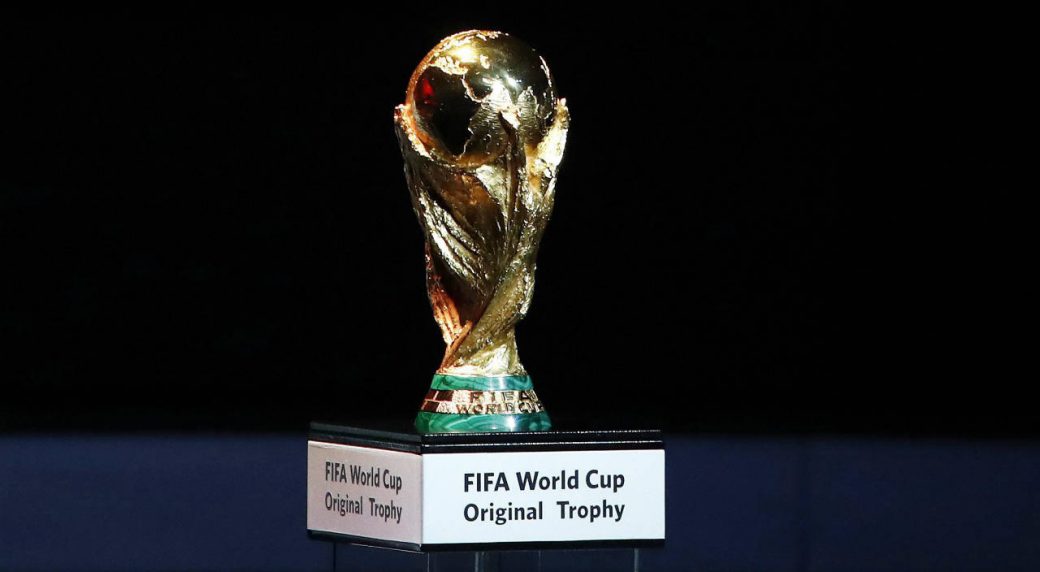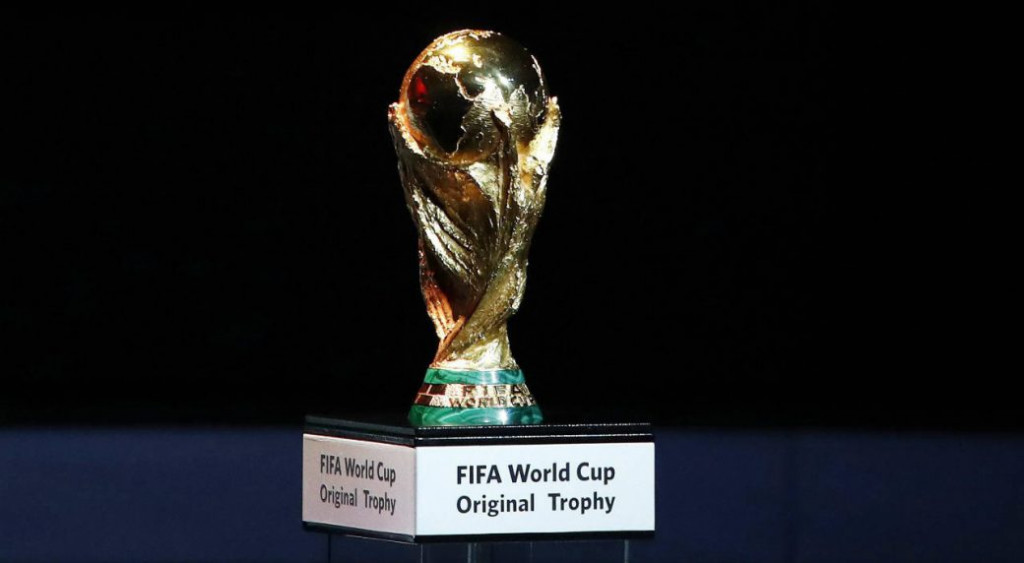African teams and FIFA World Cup 2018: news and prizes
BY USMAN MAMA
This edition of FIFA World Cup is really interesting. The results seemed to be easy to foresee, but many “bigs” have had many difficulties in their first game. Germany lost against Mexico, Brazil and Argentina drew against Switzerland and Iceland, Spain allowed Portugal to perform a three-goal come back. African teams seemed to be very motivated, but only one managed to achieve an unexpected result: Senegal won with 2-1 to Poland, while Egypt, Morocco, Nigeria and Tunisia have 0 points. Morocco and Egypt are already out of the competition, but there’s still hope for the others, especially for Senegal which is leading its round together with Japan and is one of the favorites by the main bookmakers’ sites to pass the round.
The FIFA World Cup witnessed some special events related to African teams, such as the qualification of Cameroon to the quarter-final in 1990 with four goals scored by Roger Milla (he was 38 at the time!) against Romania and Colombia. That was the first time an African team qualified for a quarter-final. Another historic achievement is linked to Senegal: in 2002 Papa Bouba Diop scored the only goal which allowed his team to win the opening match of that edition against France, and Senegal made it to the quarter-final. Later, in 2010, Ghana too made it among the first four teams.
Let’s take a look at the prize money for this edition of the World Cup. The total amount of expenses for the Cup was over 1.9 billion dollars, with a 40% increase compared to Brazil 2014. The whole prize money is 791 million dollars: 400 million for the teams, 209 for the players’ clubs, 134 as an insurance in case of injuries. The future World Champions will receive 38 million dollars, then 28 for the second team, 24 for the third and 22 for the fourth. All teams which will be out at the quarter-final will get 16 million, while for the last-sixteen stages there are 12 million. Eight million for the last thirty-two. All teams already received 1,5 million for their qualification.
It seems unlikely that an African team will reach a late stage of this World Cup, since we are still witnessing a deep gap between European and African resources in football. For instance, Cameroon received €3.4 million for winning the Africa Cup of Nations, while Portugal earned €25.5 million for Euro Cup 2016, not to mention the €89.5 million won by Real Madrid in the Kiev final (only 15% of their per year income), in comparison to €2.1 million for the winner of the African Champions League.
But the trend is good for Africa: in 2026, with the new 48-team formula, 9 African teams will attend the FIFA World Cup. Let’s see if any change will come on a football field.



